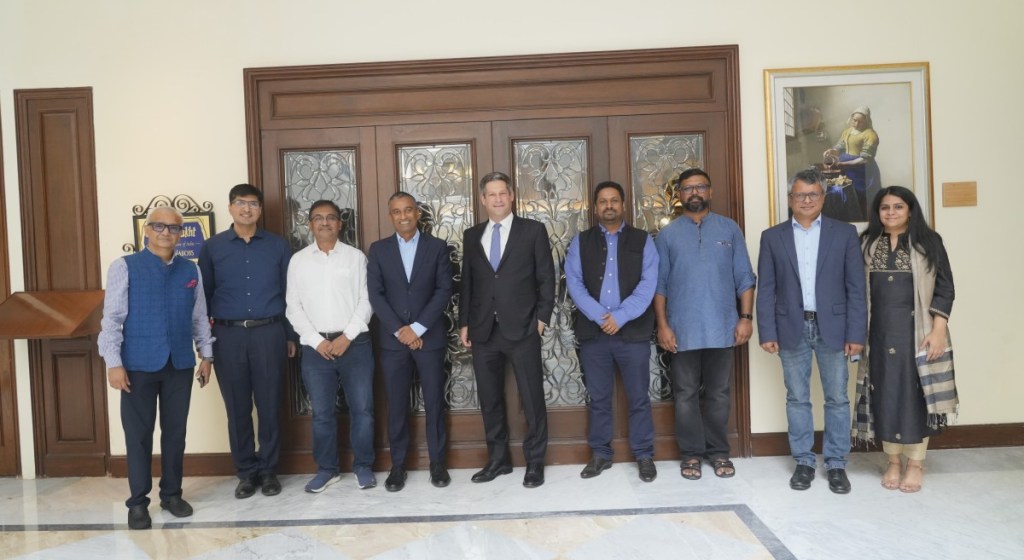Meta announced the support for a National Law School of India University’s (NLSIU) research project that will assess how large language models (LLM) can be used for building public solutions for enhancing efficiency in India’s consumer grievance redressal system, as per the official announcement.
The officials claim that the project will be executed along with the Indian Institute of Technology Bombay (IIT Bombay), in collaboration with the Department of Consumer Affairs (DoCA) as the knowledge partner.
Meta further claims that the research initiative will explore the feasibility of leveraging Llama 2, Meta’s openly available large language model, in creating and evaluating a proof of concept of a citizen centric chatbot and a decision-assist tool in the area of consumer law. With an aim of enhancing efficiency, the chatbot will be designed to guide consumers on the procedural aspects of drafting a complaint and answering questions relating to consumer law in India, as detailed in the statement.
The decision assist tool in this research also will be designed to support searching case laws and summarisation of documents to provide assistance to judicial authorities in the area of consumer affairs. The research project will explore how LLMs can assist consumers or judicial authorities in the context of ongoing oversight and control by human decision makers. In keeping with the commitment to responsible innovation, NLSIU and IIT Bombay will also release a white paper explaining the risk mitigation approaches implemented and how responsible design principles have been deployed at every layer of stack, the statement added.
“This project on consumer law aims to enhance awareness on consumer rights, and to provide accessible assistance by leveraging Llama2. With our expertise in interdisciplinary research, NLSIU is uniquely positioned to help pioneer these legal applications employing large language models. We will create a rich corpus of Indian legal resources to map the landscape of consumer disputes in the country, and use this corpus to train the Llama model,” Sudhir Krishnaswamy, vice-chancellor, National Law School of India University said.

